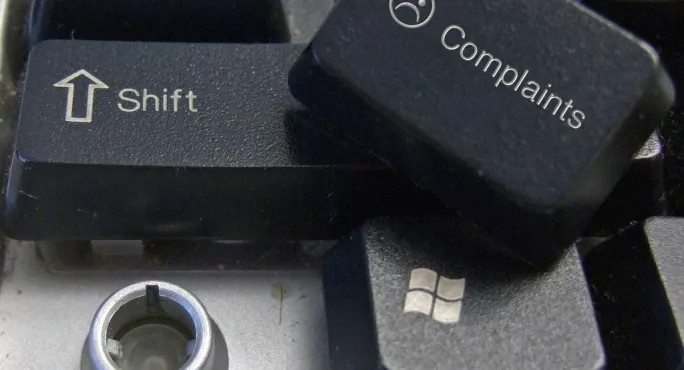It has long been seen as the teaching profession’s “bogeyman”, but new data obtained by TES suggests that Ofsted may be turning a corner in its relationship with heads and teachers.
The number of official complaints made about school inspections has fallen dramatically over the past three years - a period in which Ofsted purged hundreds of inspectors, overhauled its inspection framework and introduced short inspections for “good” schools.
Data obtained by TES under the Freedom of Information Act shows that 209 school inspections resulted in a formal complaint in 2015-16, compared with 534 two years earlier - a 61 per cent drop.
When the reduction in the number of school inspections over the same period is factored in, this represents a 25 per cent fall in the proportion that triggered a protest.
Sean Harford, Ofsted’s national director, education, described the drop in complaints as “gratifying”, but said that the inspectorate was not complacent.
“We have put a lot of effort into training inspectors directly. Previously, training was at arms-length for the additional inspectors. We now directly train them - we have put a lot of effort into making that sharper,” he told TES.
Malcolm Trobe, interim general secretary of the Association of School and College Leaders (ASCL), said that, while “all is not rosy in the garden”, the fall in the number of complaints tallied with his own experiences.
“There has been a significant decline, particularly since we had the inspectors brought in-house, in terms of issues coming up. Certainly, bringing everything in-house has led to what appears to be a more consistent approach in the first instance, and more confidence in the appropriateness of the judgement,” he said. “The clear message is that the position is significantly better than it was 18 months ago.”
Ofsted judgements were the biggest cause for complaint in each of the past three years, raised 702 times in total, and mentioned in almost two-thirds (64 per cent) of complaints about inspections.
However, although judgements were the biggest source of complaints, these complaints were also among those least likely to succeed, with just 8 per cent fully or partially upheld.
The next most common causes of concern between 2013-14 and 2015-16 were the conduct of an inspection (583 complaints) and administration (570 complaints).
This is an edited article from the 6 January edition of TES. Subscribers can read the full article here. This week’s TES magazine is available in all good newsagents. To download the digital edition, Android users can click here and iOS users can click here
Want to keep up with the latest education news and opinion? Follow TES on Twitter and like TES on Facebook

